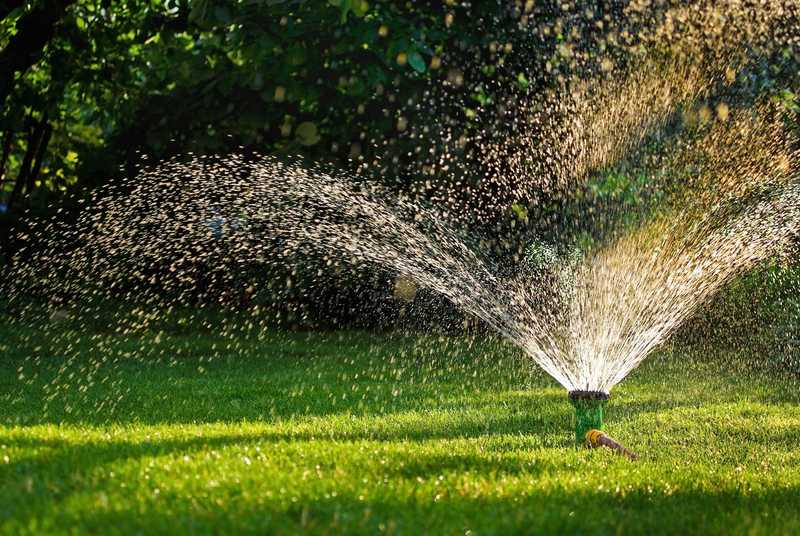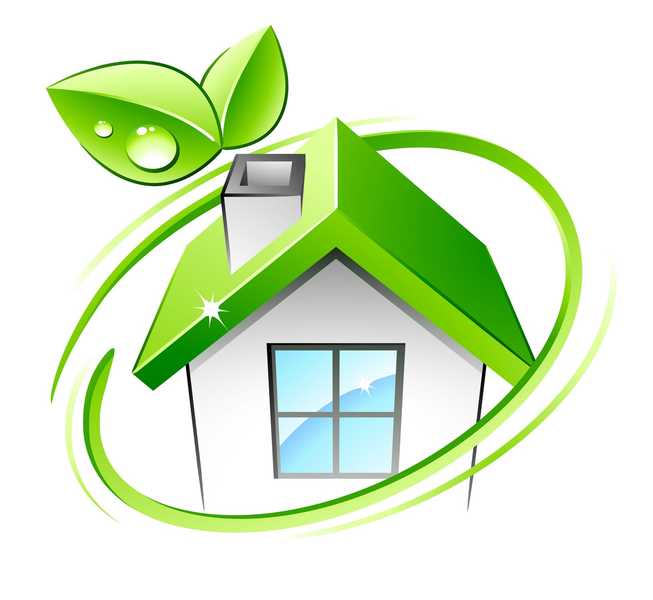How light pollution disrupts ecosystems?
 Light pollution is a global man-made phenomenon that is often ignored by the majority of people. The lack of awareness and proper understanding of the ill effects of light pollution, especially in housing societies and big integrated townships not only causes wastage of acute power and carbon footprints but damages the environment ecosystem.
Light pollution is a global man-made phenomenon that is often ignored by the majority of people. The lack of awareness and proper understanding of the ill effects of light pollution, especially in housing societies and big integrated townships not only causes wastage of acute power and carbon footprints but damages the environment ecosystem.
What is Light pollution?
Light pollution technically known as photo pollution or luminous pollution is any excessive unwanted luminosity coming from an artificial light sources. Any wasted, misused or misdirected source of artificial light contributes to light pollution. The earth with its unlimited energy resources offers mankind with abundant natural light, but humans in their quest for developing artificial light have created a monster in terms of light pollution that must be tamed to avoid energy wastage as well as the ill effects of the earth’s biological ecosystem.
Negative effects of Light Pollution
 Any unwanted or misdirected light source contributing to light pollution is said to have adverse effects of animal and human health including psychological behavior. Over illumination or lack of proper spectral composition is believed to be a contributing factor behind sexual disease, headache, fatigue and mood swings. Artificial lights in a natural surrounding plays havoc with the natural ecosystem of insects, birds and animals. Individual species or various insects have shown to develop disturbances in their life patterns.
Any unwanted or misdirected light source contributing to light pollution is said to have adverse effects of animal and human health including psychological behavior. Over illumination or lack of proper spectral composition is believed to be a contributing factor behind sexual disease, headache, fatigue and mood swings. Artificial lights in a natural surrounding plays havoc with the natural ecosystem of insects, birds and animals. Individual species or various insects have shown to develop disturbances in their life patterns.
The adverse effects of light pollution are not just limited to the insects and birds, but also affect the plant kingdom. Studies on the ill effects of light pollution have shown that it prevents zooplankton such as Daphnia from eating surface algae. Artificial Lights on tall structures and buildings plays havoc with the flight patterns of migratory birds.
How to prevent Light Pollution in a Housing Society?
- Prevention is always better than cure and the best way to avoid light pollution is by spreading awareness about the impact of light pollution of our environment.
- Make sure the people of the society pledge to use lighting only when absolutely necessary. This not only save the environment and the biological ecosystem, but also help lower the power consumption bills of the housing society or apartment community.
- Outdoor lighting is most prone in spreading light pollution due to lack of proper maintenance and distance between two light sources. A good way to avoid light pollution without compromising on the illumination part is to use sensor oriented lighting system that is turned on only when it senses human or vehicle movement in the area.
- Use of reflectors in place of artificial lights on bends and corners as well as in the basement garage can be a wonderful and cost effective tool to avoid light pollution.







